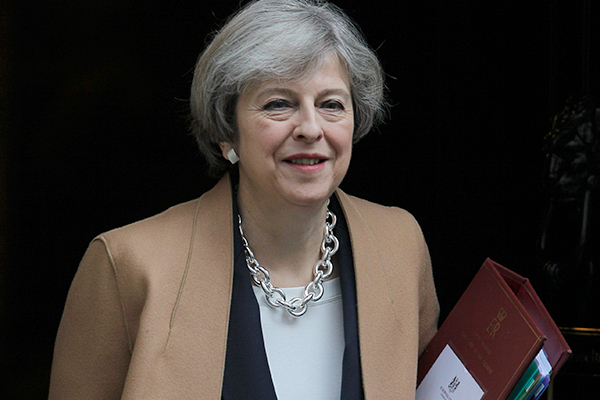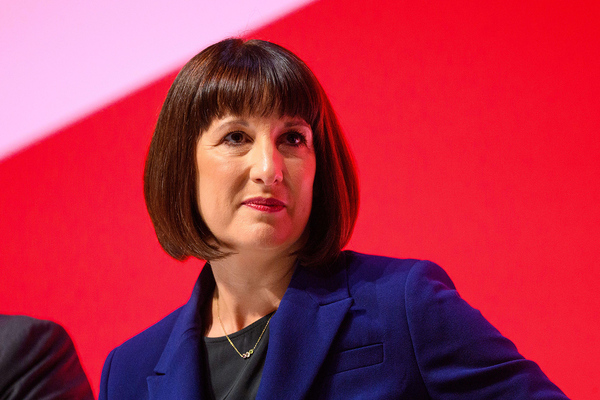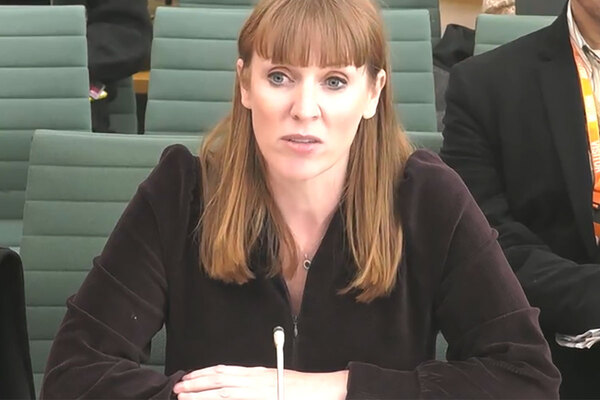You are viewing 1 of your 1 free articles
Government sets out plans for future supported housing funding
The government has announced its plans for the future funding of supported housing.
Last week Theresa May announced that Local Housing Allowance rates would no longer be applied to social housing, including supported housing, in a major climbdown.
Today the Department for Communities and Local Government has published its response to the supported housing funding consultation.
It has launched two further consultations, one on housing costs for extra care and sheltered housing and one on short-term supported accommodation.
Under the plans, there will be a “sheltered rent” for extra care and sheltered housing.
This “sheltered rent” will be “a type of social rent that recognises the vital role that these homes play in supporting older and vulnerable people and acknowledges the higher costs of these types of housing compared to general needs housing”.
This new rent, including service charges, will be regulated by the Homes and Communities Agency. The government will set rates for sheltered and extra care housing after consulting with the sector.
The changes to supported housing funding will not be introduced until April 2020, a year later than originally planned.
The government will set an overall cap on the amount that providers charge in rent and will cap annual increases. The rent level will be determined using formula rent, plus or minus 10% flexibility and an amount for the service charge up to a certain level.
Providers will have to publish breakdowns of their service charges to allow tenants to compare between providers and “where they feel these are unreasonable, take action”.
Councils will be asked to work in partnership with tenants and other local representatives to produce a strategic plan for supported housing in their area and to assess the provision and need for supported housing.
The government will publish a National Statement of Expectation to encourage local authorities to adopt the strategies, planning and ways of working that it wants to see for older people’s sheltered and extra care housing, alongside wider supported housing.
Short-term supported housing, such as homelessness hostels and women’s refuges, will be funded through a ringfenced fund to councils. The government originally intended to fund all supported housing through a ringfenced fund but backed away from this idea after it was strongly criticised by the sector.
The government plans to define short-term supported housing as available for up to two years or until a person has moved to long-term stable accommodation – “whichever occurs first”.
Long-term supported housing – such as housing for people with learning difficulties, physical disabilities, or mental health problems – will continue to be funded through the welfare system. While the funding of long-term supported housing will not change, the government said it will work with the sector to “manage costs and ensure the best outcomes for tenants”.
The two new consultations close on 23 January.
David Orr, chief executive at the National Housing Federation said: “Today’s announcement, and the removal of the LHA cap, represent a very welcome and significant shift from the government and show they recognise the value and importance of supported and sheltered housing.
“I am confident the new system outlined by the government today addresses concerns about the long-term stability of funding for most schemes.
"This, coupled with assurances about levels of funding and a new timetable of 2020, will give housing associations the certainty they need to keep providing and building these homes.
“The government has provided assurances that automatic entitlement will remain in place for people in short-term services, however we do need to consider the implications of a system where housing costs are paid through a local authority grant.
"We want to work with the government to ensure users and providers are confident that the entitlement to payment is secure for the long term.
“There is still much at stake in the detail of the consultation and we look forward to working with the government to get this right.”
Terrie Alafat, chief executive of the Chartered Institute of Housing, said: “Today’s proposals give the majority of providers and the many vulnerable people who need this vital housing much-needed reassurance following a long and damaging period of uncertainty.
She added: “Though it is reassuring to see that long-term supported housing will continue to be funded by the welfare system, we are concerned the proposals fall quite a way short of what is needed to properly support other vital forms of specialist housing that provide immediate and short-term support to people who have been victims of homelessness or domestic abuse, for example. It is imperative that people who need this type of housing are not disadvantaged and we will be making the case for this.”
Sinead Butters, chair of PlaceShapers, said: “On first reading, the revised funding strategy is a very welcome step towards securing the long term future of all types of homes for the most vulnerable in our communities. Whilst we need time to understand the basis of the proposed new rent setting arrangements for sheltered housing and reassurance that the overall funding pot will be adequate and protected (including the proposed ring-fenced grant for short-term housing), the pledge to ensure that the actual costs of current and future provision will continue to be covered is a huge relief. The delayed implementation date of April 2020 means any issues of concern can be worked on jointly and we look forward to constructive discussions on the detail going forward. As part of this, we will of course prepare a full response to today’s consultation."













